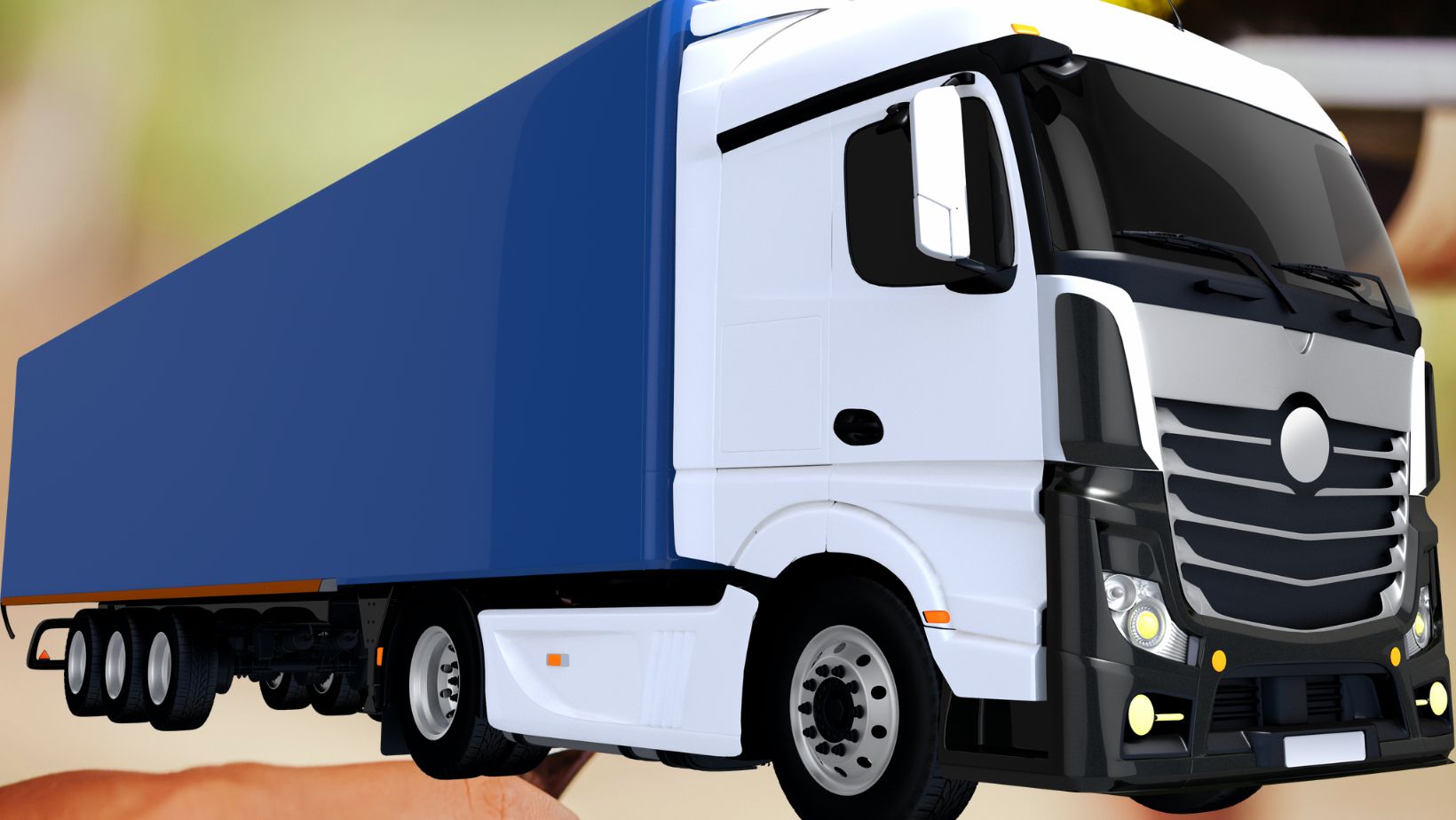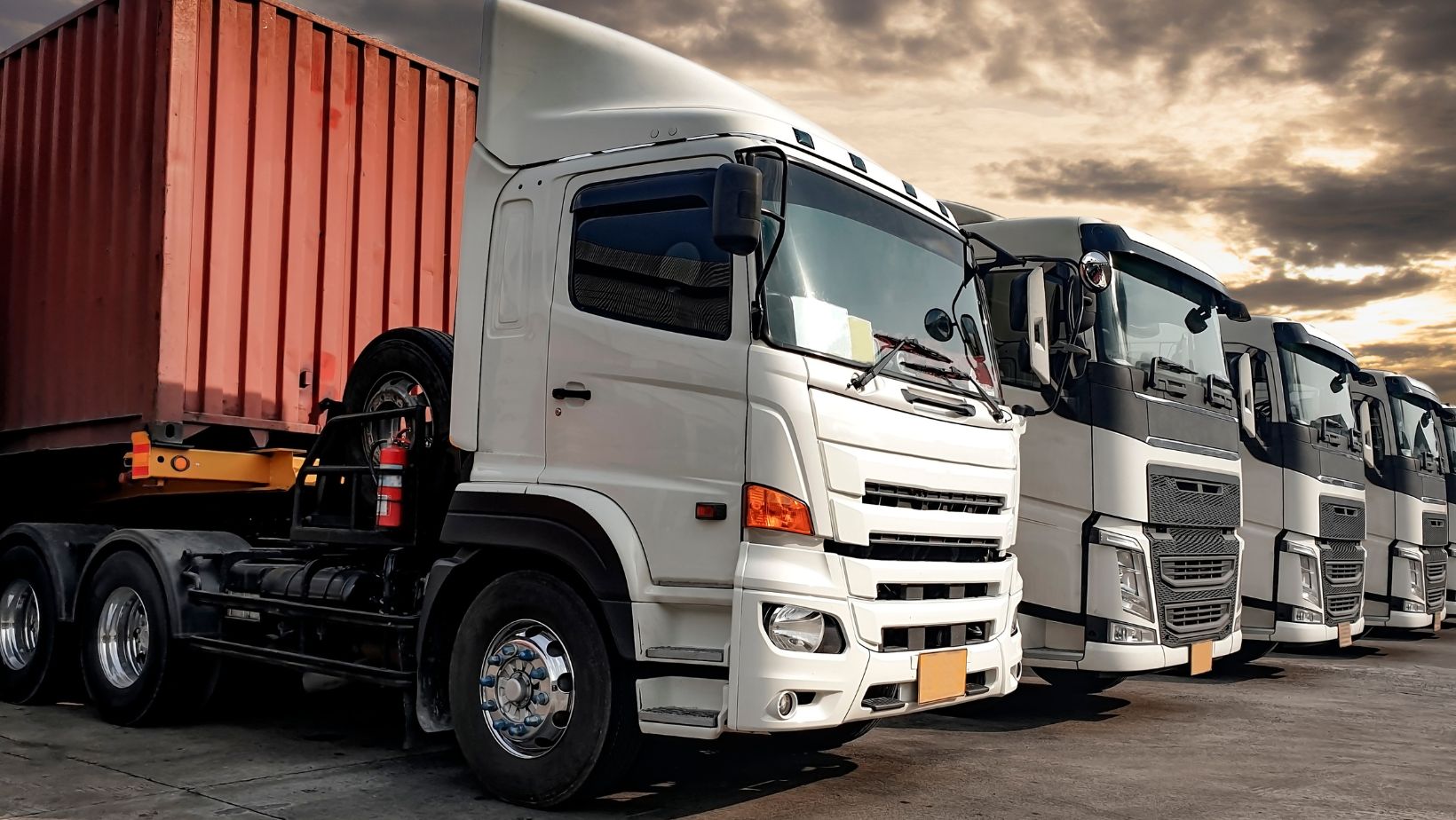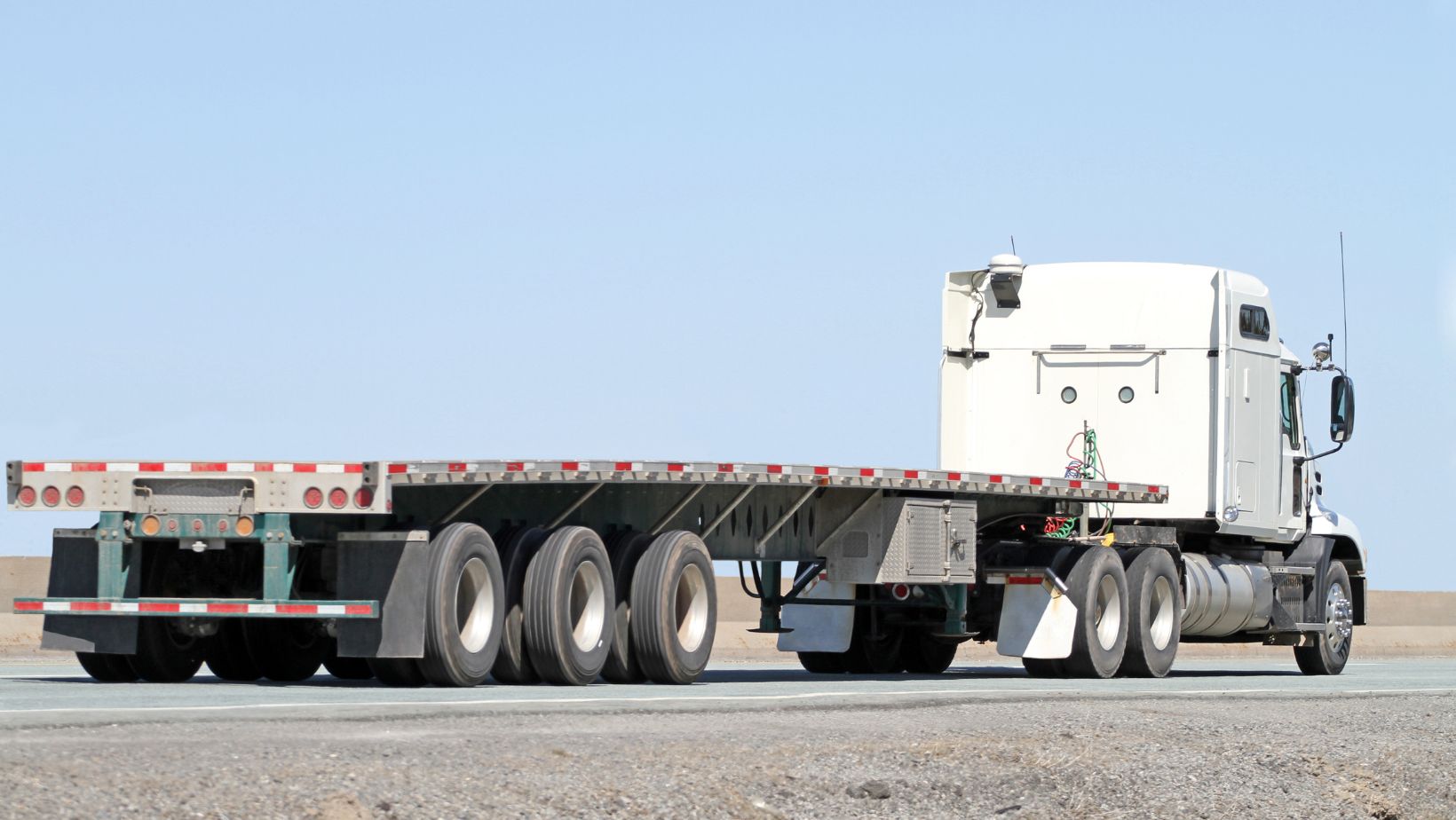Trailer trucks are essential to the seamless transportation of products globally. Like air freight and ocean shipping, trailer trucks act as silent heroes on the road, ensuring that products arrive at their destination in good condition and on time.
There are different kinds of trailer trucks, each with a unique purpose. This article will explore the various kinds of trailer trucks and their use in the logistics sector.
Types of Trailers And Their Unique Functions
Even though they are sometimes overlooked, trucks serve an essential function in the logistics industry, handling up to 70% of all freight in the US alone. Therefore, if the truck business collapses, it will seriously hit the economy and logistics sector.
Logistics optimization and the safe and effective transportation of various cargo depend on understanding the numerous kinds of trailer trucks and their respective applications. To help you, here are the types of trailers and their uses:
Flatbed Trailer
First on the list is the standard flatbed trailer. Flatbed trailers are the most versatile type with their flat, open deck. Large, heavy, or oversized freight that won’t fit in a conventional enclosed vehicle can be shipped easily thanks to the flat open bed or platform of flatbed trucks.
Construction materials, machinery, and equipment are typical cargo for flatbed trailers. This trailer is also a great fit for enormous and irregular cargo freight, such as logs, steel pipes, construction materials, and big machinery. The truck’s platform makes loading and unloading simple and allows for versatility in the product’s size and shape.
Additionally, because flatbed freight trucks can carry cargo larger than the conventional enclosed truck’s standard dimensions, they allow you to haul items that are too tall or wide for the enclosed options.
Trucking companies frequently use flatbed freight trucks in industries like construction, agriculture, manufacturing, mining, transportation, and logistics because these industries involve long-distance delivery of large loads.
Standard Trucks
Another important kind of truck in the logistics industry is the straight truck. Straight trucks are available in an all-in-one design, with the cab and cargo area installed in the same chassis.
Straight trucks transport smaller goods like furniture, packages, and household goods. The truck’s cargo space is generally enclosed by a box-shaped body with sides and a roof. This design provides enhanced security for the cargo while in transportation, as well as weather protection.
Additional features like ramps or lift gates may be added to other straight trucks to make loading and unloading freight easier. Since the vehicles are dependable and adaptable for transporting smaller loads over shorter distances, they are crucial to last-mile delivery operations.
Enclosed Trailers
More commonly known as dry van trailers, these are enclosed trailers designed to protect cargo. You may have probably seen one, as this type of trailer consists of two-thirds of all trailers on the road these days. Usually measuring from 28 to 53 feet, dry vans are usually used to transport basic freight.

The fact that dry vans shield contents from weather, theft, and damage is their most significant feature. When parked at a loading port or during travel, the enclosed design keeps products from being taken from the back of the trailer and left unloaded.
Additionally, a dry van can insulate perishable items like food or medications that must be shielded from heat or cold during shipment. Dry van trailers are frequently used to transport various commodities, such as electronics, dry goods, and consumer items.
Refrigerated Trailers
However, when it comes to perishable goods that are temperature sensitive, businesses often go for refrigerated trucks instead of the standard dry van.
Often called reefer trucks, refrigerated trailers are specialized vehicles used for the transportation of perishable goods like food and medications, among others. These vehicles have refrigeration systems installed, ensuring the cargo arrives in ideal condition by keeping the cargo space within a predetermined temperature range.
Because these vehicles allow businesses to transport perishable items over long distances without compromising quality, they are crucial to logistics. In the food business, fresh fruit, dairy products, meat, seafood, and other frozen commodities are regularly delivered by refrigerated trucks.
Some trucks have features like temperature monitoring systems, insulating fittings, and adjustable airflow in addition to the refrigerated unit. The trucks play a crucial role in maintaining the cold chain, transporting perishable goods from the point of production to their ultimate destination at the ideal temperature.
Tankers
Transporting gases and liquids is the specialty of tanker trucks. Tanker trucks include a sealed, pressurized cargo compartment or a specific tank to reduce spills and leaks during transportation.
Typically, the tank is made of stainless steel or aluminum to prevent corrosion and maintain the item’s purity while transported.
Tanker trucks carrying goods sensitive to temperature fluctuations may be insulated to maintain the ideal temperature throughout the supply chain. Tanker trucks come in various sizes, including compact models perfect for close-quarters deliveries and specialty vehicles designed for securing and effectively moving dangerous goods.
Transporting liquids and gases requires special measures to ensure safety and adherence to strict standards. Therefore, the tankers must meet strict safety requirements, and the truck drivers must be authorized and licensed to transport the designated contents.
Semi-Trailer Trucks
Semi-trailer trucks are large, heavy commercial vehicles with a fifth-wheel hitch connecting the cab to the semi-trailer.

The engine that drives a semi-trailer, intended to transport heavy loads of cargo, is located in the cab or tractor of semi-trailer trucks.
Although semi-trailer trucks have various shapes and sizes, their typical specifications include a maximum length of 18 meters and a maximum weight of 40 tons. Enormous loads can be easily transported over long distances by vehicles of this capacity. The trucks are frequently used in the manufacturing, retail, and agriculture sectors to transport goods from one place to another.
Trailer Trucks: Silent Backbone of Logistics
With its ability to convey cargo around the globe, trailer trucks are one of the silent foundations of the transportation and logistics sector. One major trailer truck incident could cost thousands of dollars in lost income. Therefore, it is also important to maintain your trailer trucks regularly and know where to purchase key trailer parts like those found in Sunrise International.
Flatbed trailers, dry van trailers, and refrigerated trailers all serve a crucial role in fulfilling the distinct requirements of various industries, whether through their flexibility, protection, or temperature control. Trailer truck development will surely lead to more effective and environmentally friendly logistics solutions as innovation and technology change the transportation scene.















